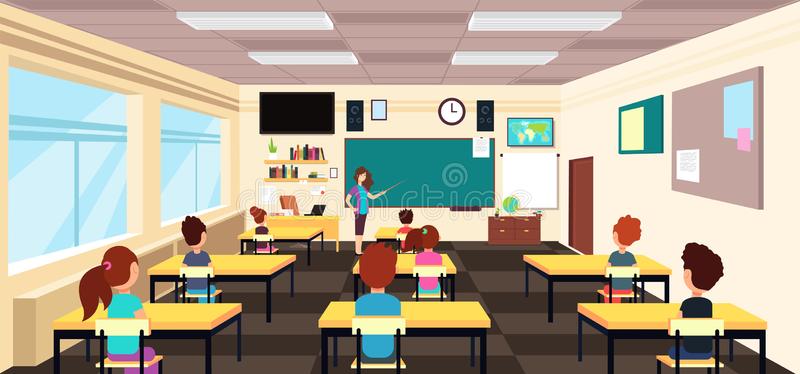Direction to postpone collection of Annual Charges and Development Fee from students until normal functioning of schools is resumed is illegal and ultra vires the powers of the Directorate of Education under the Delhi School Education Act, 1973 (in short ‘DSE Act’) and the Delhi School Education Rules, 1973 (in short ‘DSE Rules’). The aforementioned statement has laid down the premise followed by the Delhi High Court in the case of Directorate of Education and Others v. Action Committee Unaided Private School [LPA 179/2021, C.M. No. 18382/2021(for stay) & C.M. No. 18385/2021(leave to file appeal)] which was passed by a two judge bench comprising Justice Rekha Palli and Justice Amit Bansal on 7th June 2021.
The Action Committee Unaided Recognized Private Schools comprises of 450 private unaided schools in the National Capital Territory (NCT) of Delhi. Under the impugned order, the learned Single Judge had allowed the respondent Committee’s challenge to the circulars/orders issued by the Directorate of Education, GNCTD by stating that the direction to postpone collection of Annual Charges and Development Fee from students until normal functioning of schools is resumed is illegal and ultra vires their authority. Under the impugned order, the learned single judge had passed a few orders relying on the Supreme Court Judgement in the case of Indian School, Jodhpur & Anr. v. State of Rajasthan & Ors. (2021) SCC Online SC 359 which highlighted the fee collection structure to be followed by 36000 schools that included the collection of annual fees with a deduction of 15% on that amount.
The arguments raised by the counsel for appellant were four fold. Mr. Singh submitted that the Ld. Single Judge had failed to consider the specific statements of the appellant in their affidavit that only 40-60% of the amounts collected by way of tuition fee, the collection whereof was not interdicted in any manner, was being used for discharging the liability of the schools towards staff salaries. He relied on the case of Naresh Kumar v. Director of Education & Anr. W.P. (C) 2993/2020 and said that it was arbitrary for the learned single judge to interfere with the circular. Finally, Mr. Singh submitted that the learned Single Judge had failed to appreciate the wide scope of powers available with the Directorate of Education under Rule 43 of the DSE Rules which vest it with wide powers to issue any directions that it considers appropriate in public interest. On the other hand, it was submitted by the counsel for respondent that the Directorate of Education had no power, whatsoever, to interject or interfere in private contracts executed between the parents of the students and the schools, by directing the private, unaided schools to indefinitely postpone collection of Annual Charges and Development Fee. Mr Divan further submits that although the State is forcibly seeking to curtail the right of private unaided schools to collect Annual Charges and Development Fee, it has neither offered them any subsidy nor any concession in terms of tax payments during the pandemic period nor highlighted the costs incurred during the virtual classes as well.
Considering the facts and arguments presented, the court was of the opinion that “Mr. Singh, has rendered a categorical finding that the orders passed by the appellant restraining the Committee Schools from Annual Charges and Development Fee till resumption of physical functioning of schools was not only contrary to the contractual terms of the agreement between the schools and students’ parents but was also beyond the scope and ambit of the appellant’s powers under the scheme of the DSE Act and Rules, Rule 43 is salutary in nature and does not give any license to the Directorate to pass directions that it perceives would be in public interest, without any basis therefor.”


